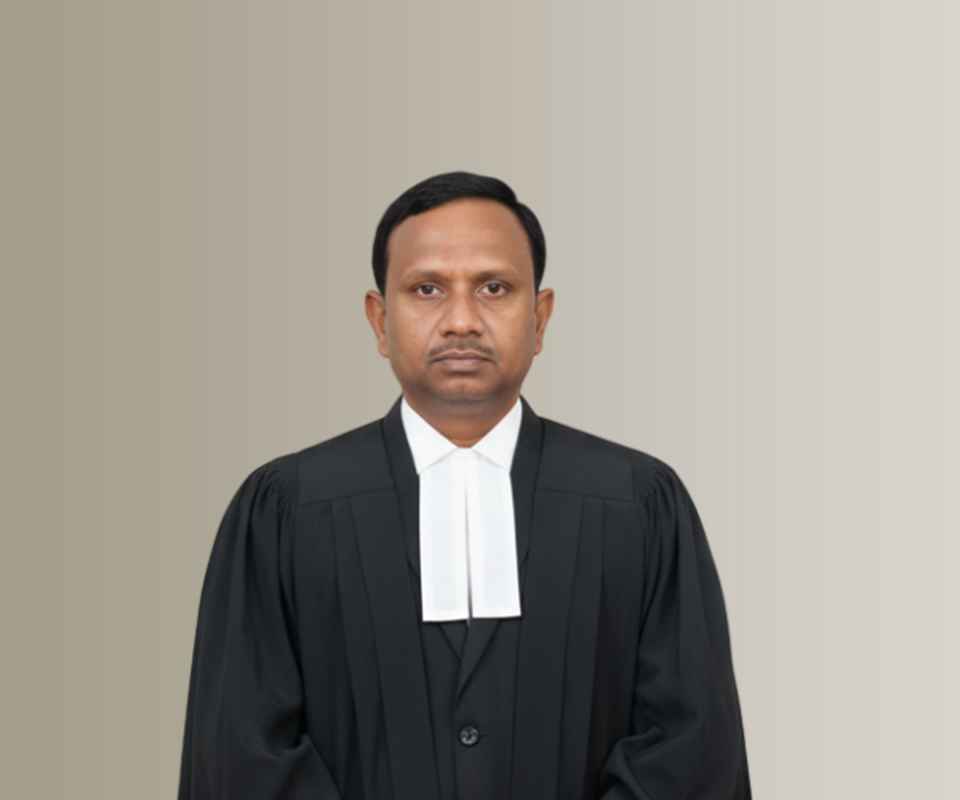Answer By law4u team
Bharatiya Nagarik Suraksha Sanhita, 2023 - Section 310: Record in Warrant-Cases
(1) In all warrant-cases tried before a Magistrate, the evidence of each witness shall, as his examination proceeds, be taken down in writing either by the Magistrate himself or by his dictation in open Court or, where he is unable to do so owing to a physical or other incapacity, under his direction and superintendence, by an officer of the Court appointed by him in this behalf:
- Provided that evidence of a witness under this sub-section may also be recorded by audio-video electronic means in the presence of the advocate of the person accused of the offence.
(2) Where the Magistrate causes the evidence to be taken down, he shall record a certificate that the evidence could not be taken down by himself for the reasons referred to in sub-section (1).
(3) Such evidence shall ordinarily be taken down in the form of a narrative; but the Magistrate may, in his discretion, take down, or cause to be taken down, any part of such evidence in the form of question and answer.
(4) The evidence so taken down shall be signed by the Magistrate and shall form part of the record.
Brefe Detail
Section 310 of the Bharatiya Nagarik Suraksha Sanhita, 2023, outlines the procedure for recording evidence in warrant cases tried before a Magistrate. It specifies that evidence should be documented by the Magistrate or an appointed officer, with provisions for audio-video recording in the presence of the accused's advocate. The section also requires the Magistrate to certify when he cannot record the evidence personally and allows for flexibility in the format of the evidence, which must be signed by the Magistrate.
Question & Answers
Q1: What is the primary focus of Section 310?
A1: The primary focus is on the recording of evidence in warrant cases tried before a Magistrate.
Q2: Who is responsible for taking down the evidence?
A2: The evidence can be taken down by the Magistrate himself, by his dictation, or by an officer appointed by him if he is unable to do so.
Q3: Can evidence be recorded using electronic means?
A3: Yes, evidence may also be recorded by audio-video electronic means in the presence of the advocate of the accused.
Q4: What should the Magistrate do if he cannot take down evidence personally?
A4: He must record a certificate stating the reasons for his incapacity to take down the evidence.
Q5: In what format should the evidence be recorded?
A5: Evidence should ordinarily be taken down in narrative form, but the Magistrate may choose to record it in a question and answer format.
Q6: How is the recorded evidence validated?
A6: The recorded evidence must be signed by the Magistrate to form part of the official record.
Example
1. Case of Witness Testimony: During a warrant case, a witness's testimony is recorded by the Magistrate in narrative form as he speaks about the events he witnessed.
2. Electronic Recording: In a scenario where the Magistrate is unable to write due to a physical condition, the testimony of the witness is recorded using audio-video technology, ensuring the accused's advocate is present.
3. Question and Answer Format: A witness is questioned about specific details of the incident, and the Magistrate decides to record this interaction in a question and answer format for clarity.
Summary
Section 310 of the Bharatiya Nagarik Suraksha Sanhita, 2023, mandates the proper recording of evidence in warrant cases. It allows for flexibility in the recording methods, including the use of electronic means, and establishes requirements for certification and signature by the Magistrate to ensure the integrity and authenticity of the evidence collected.







